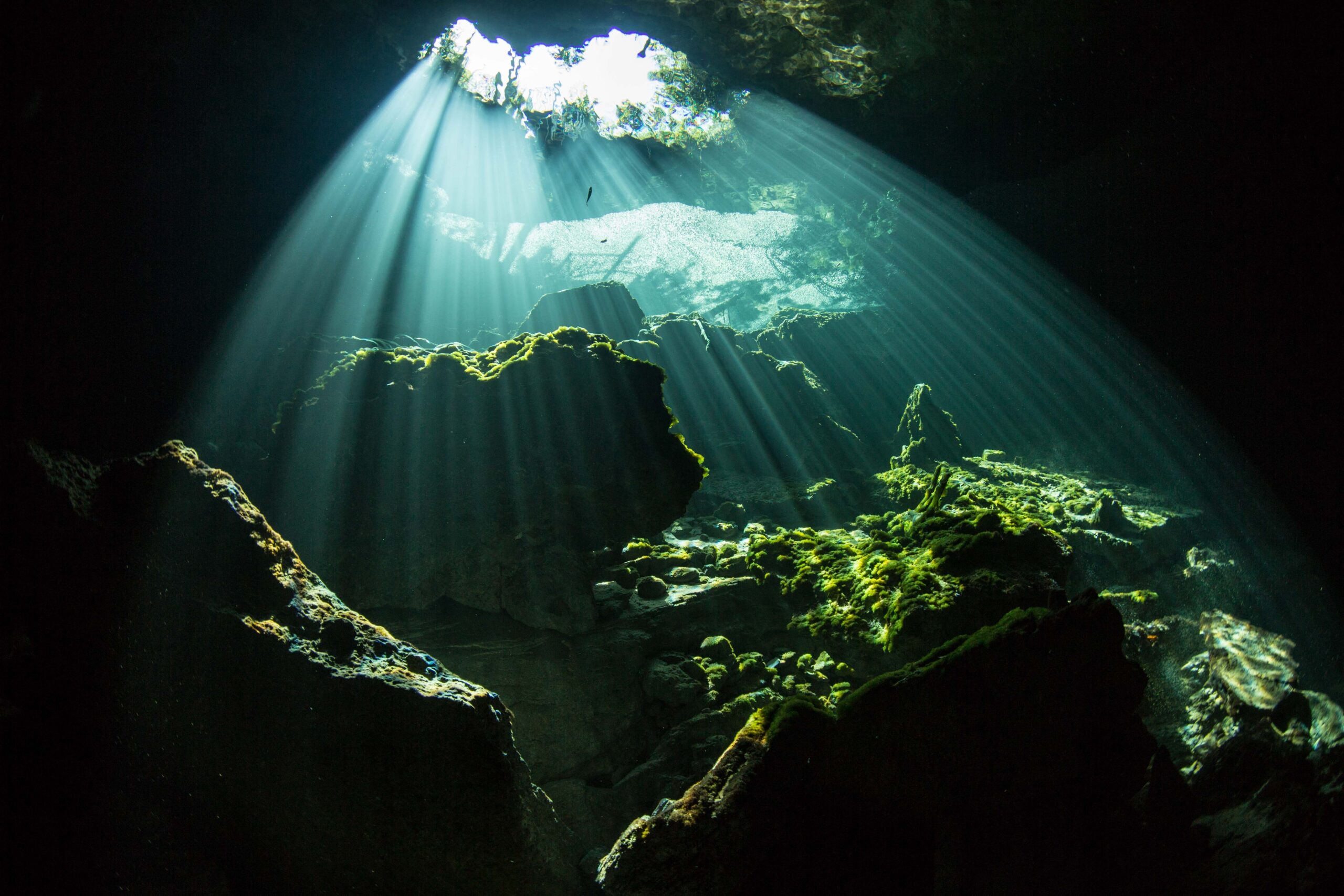Into the Deep: How Deep Can You Really Scuba Dive?
How Deep Can You Scuba Dive?
If you’re an avid scuba diver, you know that dropping down deep into the blue can be an intoxicating experience, physically and metaphorically. But how deep can you actually dive? The answer depends on your training and certification.
Different certifications provide different depth limits and it is important to follow the guidelines set by your certification and to dive with a buddy in case of any emergencies.
How Deep Can a Recreational Scuba Diver Go?
Recreational divers are scuba divers that are no-stop (no-decompression) diving and staying within no decompression limits. More on this topic later. A fully qualified recreational diver is limited to depths of up to 130 feet (40 meters). This depth is recommended by most dive organizations. Diving to depths greater than 130 feet (40 meters) can be dangerous and increases the risk of particular problems associated with deep diving.
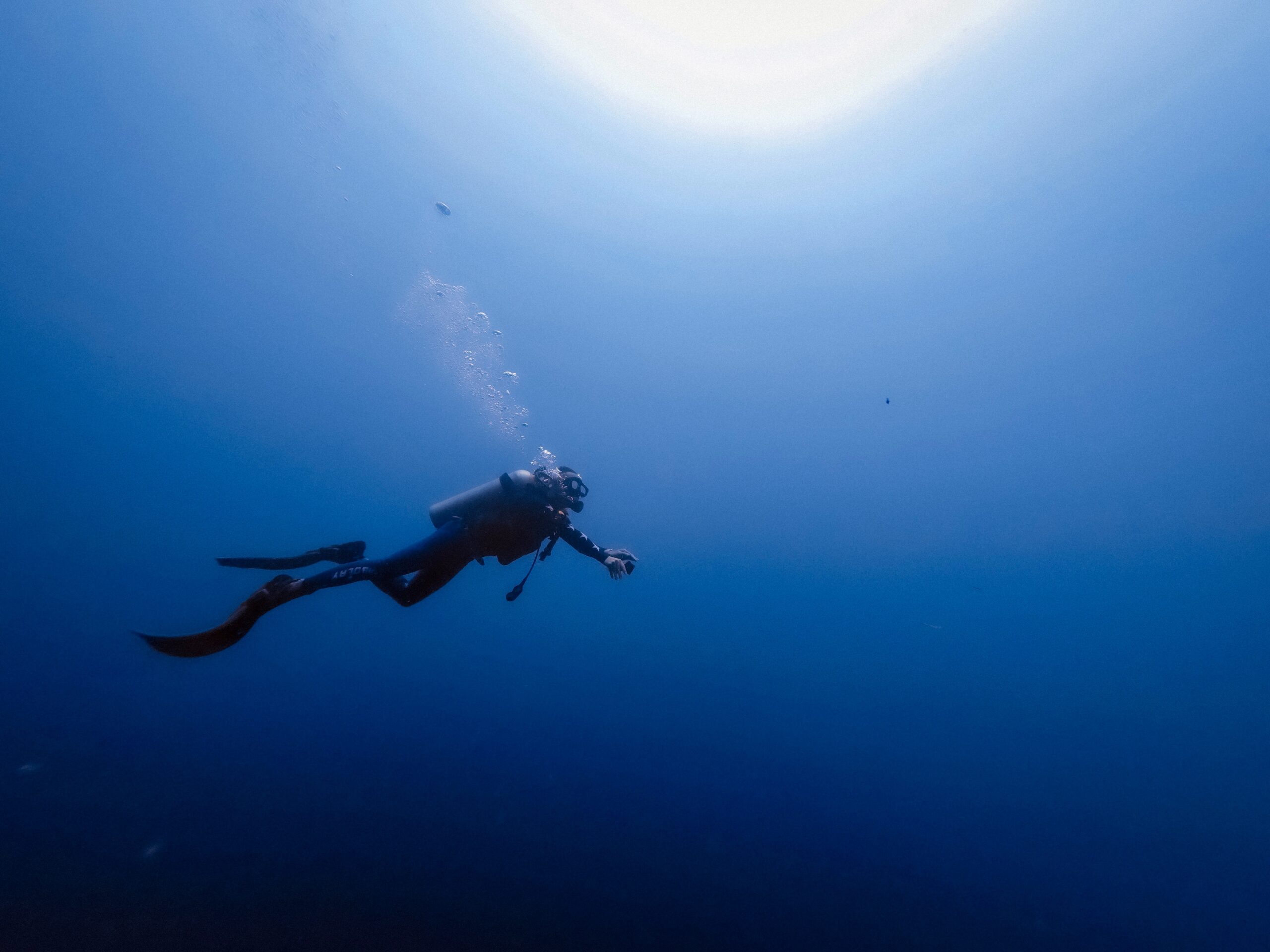
- PADI certified Scuba Diver has a limit of 40 feet (12m)
- PADI certified Open Water Diver has a limit of 60 feet (18m)
- Junior Open Water Diver, age 10 to 11, has a limit of 40 feet (12m)
- PADI certified Advanced Open Water Diver has a limit of 100 feet (30m)
- PADI certified Deep Diver has a limit of 130 feet (40m)
How Deep Can a Technical Diver Dive?
While recreational divers are limited to depths of 130 feet, technical divers can go much deeper. Technical divers are divers that exceed the recreation depth limits. Technical divers have a recommended depth limit of 330 feet (100m). This requires special equipment and learning specialized skills.
There are specific ways divers are able to reach these depths. Increasing the amount of breathable gas is necessary. Diving to these depths requires a slow and steady ascent from the bottom, oftentimes including multiple decompression stops. This allows the body to slowly release nitrogen and other gasses that have been absorbed into the body’s tissues. This requires more time, which means more breathable gas is needed. A diver’s air consumption also increases greatly at depth, requiring more air. For this reason, technical divers often use multiple tanks or rebreathers, which are a closed-circuit that reuse air.
Another way technical divers dive so deep is by mixing helium into the compressed air. This is called Trimix, which is a blend of Helium, Oxygen, and Nitrogen. Oxygen is toxic at depth, which is why helium is mixed in, replacing some of the Oxygen.
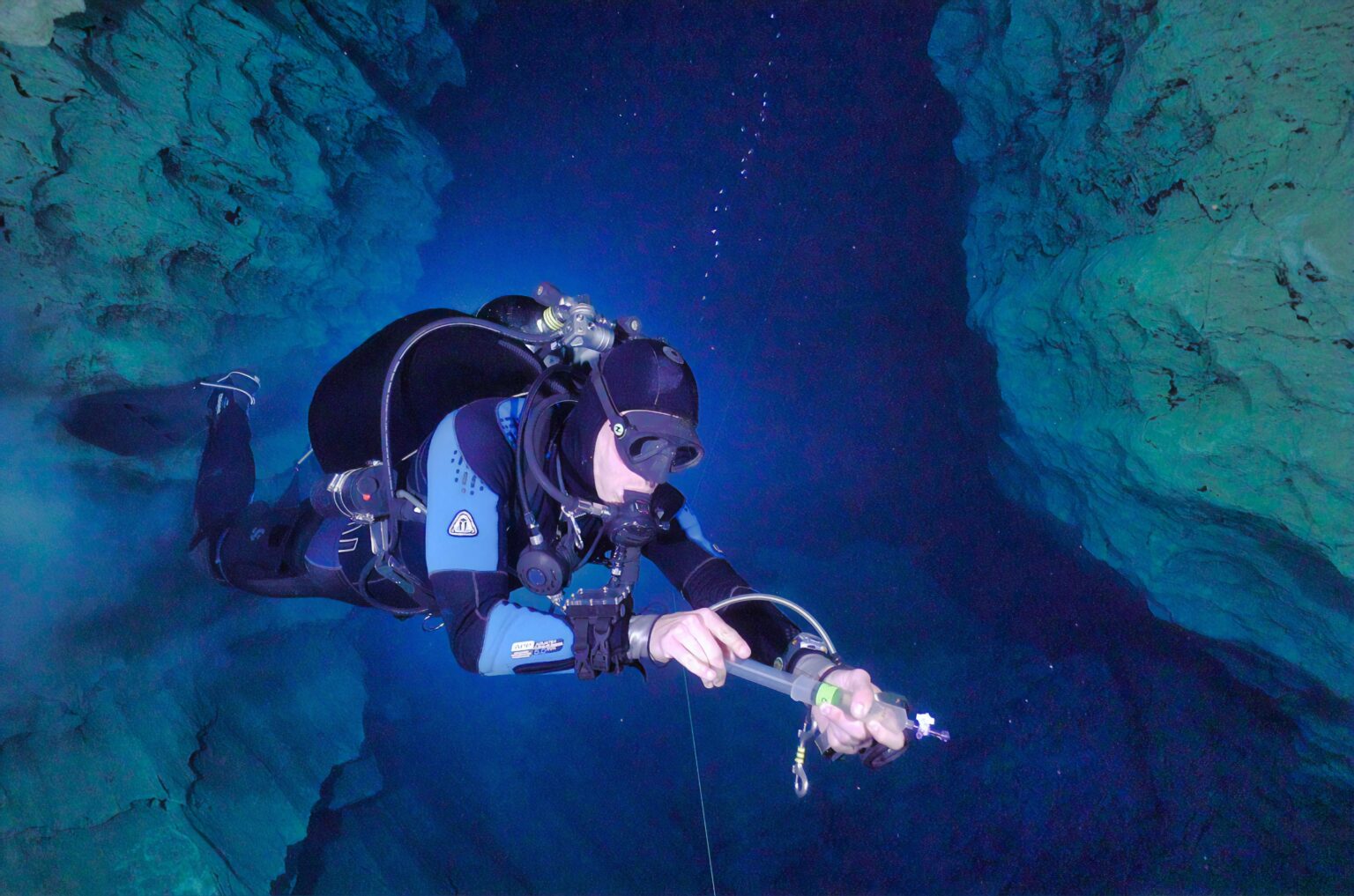
What is Decompression Diving?
Decompression diving is when a diver goes deep enough or stays underwater long enough that at least one decompression stop is required during the ascent. A decompression stop is when the diver stops ascending and holds at a specific depth for a certain amount of time. After the time is reached, the diver can continue ascending toward the surface.
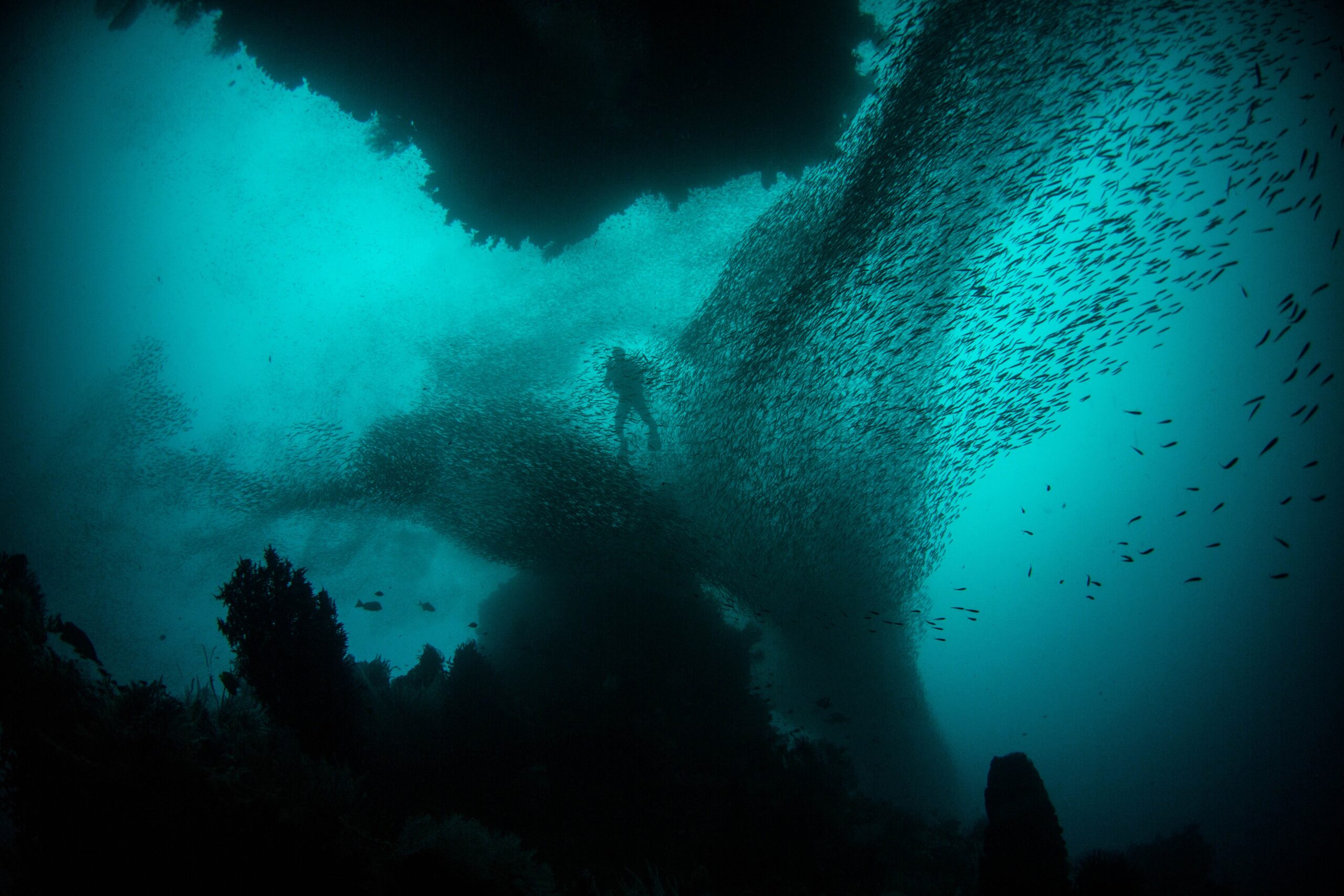
Decompression stops are done to prevent decompression sickness, which can occur when divers ascend too quickly. While scuba diving, the body absorbs nitrogen and other gasses into its tissues. The deeper the diver goes, the more gas is absorbed. Likewise, the longer the diver stays underwater, the more gas is absorbed. The gasses will slowly be released into the lungs and out of the body during normal breathing.
Recreational divers should always be within the diving depth and time limits of a no-stop (no-decompression dive). This means that the diver can safely ascend to the surface at any time during the dive. A safety stop of 3 minutes at 15 feet (5m) is always encouraged for extra safety. If a diver surpasses the depth or time limits of a no-stop dive, the dive then comes a decompression dive with required decompression stops during the ascent.
What Was the Deepest Dive?
Ahmed Gabr, a former Egyptian army officer, holds the Guinness World Record for the deepest scuba dive at 1,090 feet (332m). He completed this dive in Dahab, Egypt in the Red Sea. This incredible dive took over 13 hours to complete, due to the extreme pressure and the fact that Ahmed had to make many decompression stops during his ascent.
What is the Deepest the Human Body Can Go?
While no one knows the exact depth a human diver could go, there have been simulation tests done onshore in hyperbaric chambers. In 1992 the French company COMEX and participant Theo Mavrostomos spent 2 hours at a simulated depth of 2,300 feet (701m).
Problems Associated with Deep Diving
- Nitrogen Narcosis – also known as gas narcosis, is an anesthetic-like effect that impairs judgment, causes confusion, and difficulty thinking. This is caused by the reaction of certain gases under high pressure.
- Decompression sickness – also known as the bends, occurs when a diver ascends too rapidly and absorbed gas comes out of solution and forms bubbles. These bubbles can have varying effects on the body and in the worst cases be deadly.
- Oxygen Toxicity – At high pressures, oxygen becomes toxic to the body and can cause cell death. This can affect the central nervous system, lungs, and eyes.
- Bone Degeneration – This is caused when gas bubbles form inside the bones and can cause the death of a portion of bone.
Are You Interested in Going Deeper?
Has this article only made you more intrigued by the deep? SSI, TDI, and PADI all have great technical diving certifications that will get you diving deeper in no time.
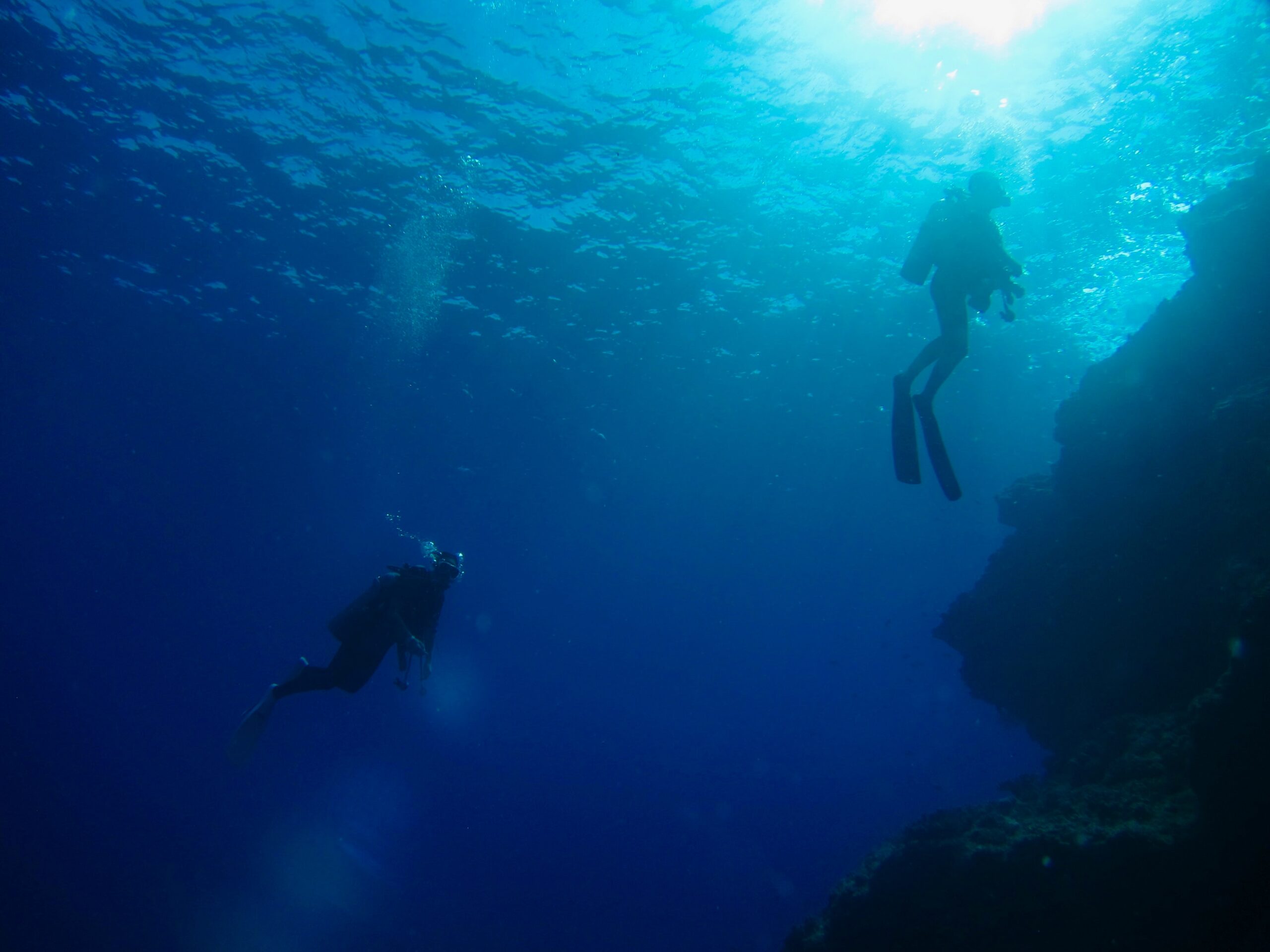

6 Best Dive Sites in Kauai for All Abilities
The underwater topography in Kauai is the first thing you will notice on every dive. The volcanic rock formations create arches, lava tubes, deep water pinnacles, sheer walls, and millions of nooks and crannies to explore. Adorning these rock formations is an abundance of corals. Antler coral, cauliflower coral, lobe coral, and finger coral are the most common.
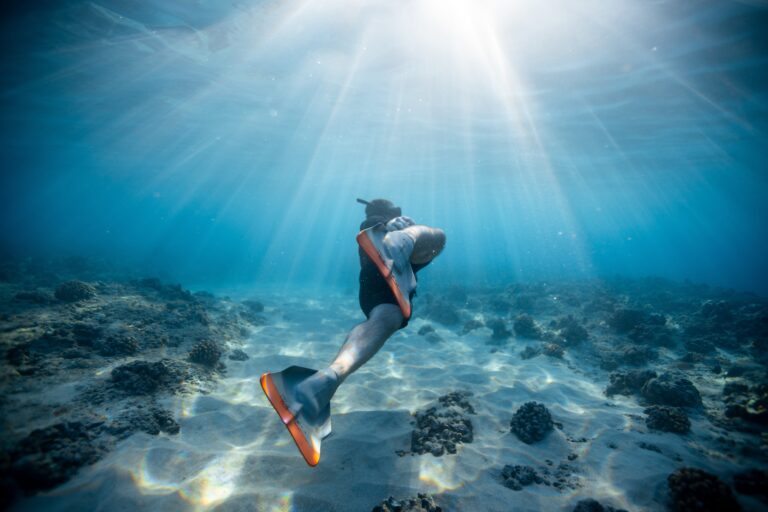
The Ultimate Guide to Fins: Finding the Best Scuba Fins for You
This guide on the best scuba fins can help you make an informed decision on the right pair of fins for you, so you can enjoy safe and enjoyable dives.
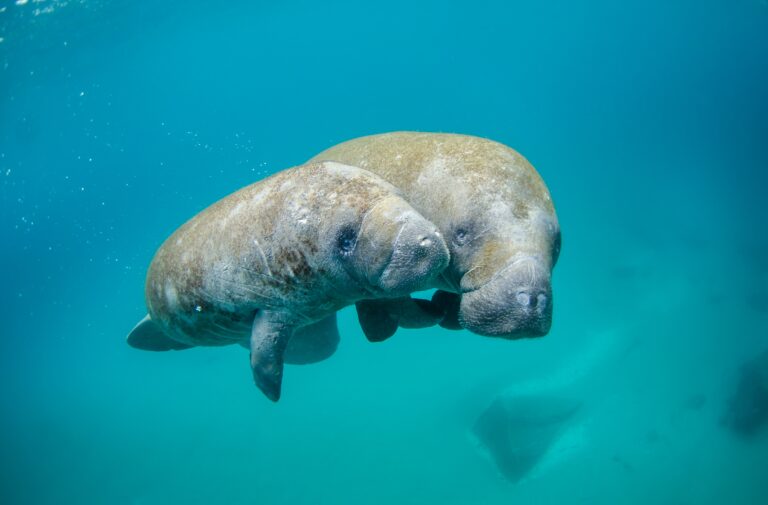
How Old Do You Have to Be to Scuba Dive? (2023)
Scuba diving is a fantastic way for the whole family to experience the wonders of the underwater world. If you’re going on vacation, doing an introductory scuba dive or even getting scuba certified is a way to make life-long memories, and doesn’t mean the young ones have to be left behind. So how old do…
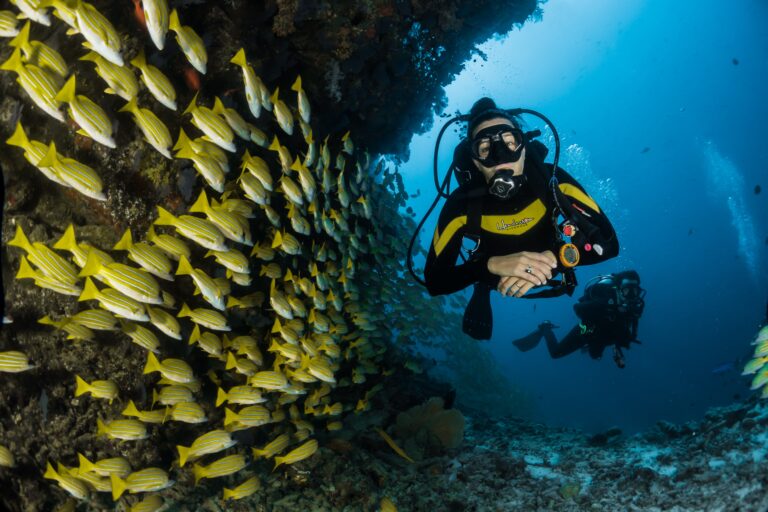
Dive into Adventure: Your Ultimate Guide on How to Get Scuba Certified (Plus FAQ)
Scuba diving allows us to explore the mysterious, vibrant world that exists below a seemingly ordinary body of water. Scuba diving is a unique activity that can provide both moments of exhilaration and adrenaline, or complete serenity and peace. The absolute best way to experience this is by obtaining a scuba certification. This article aims…

